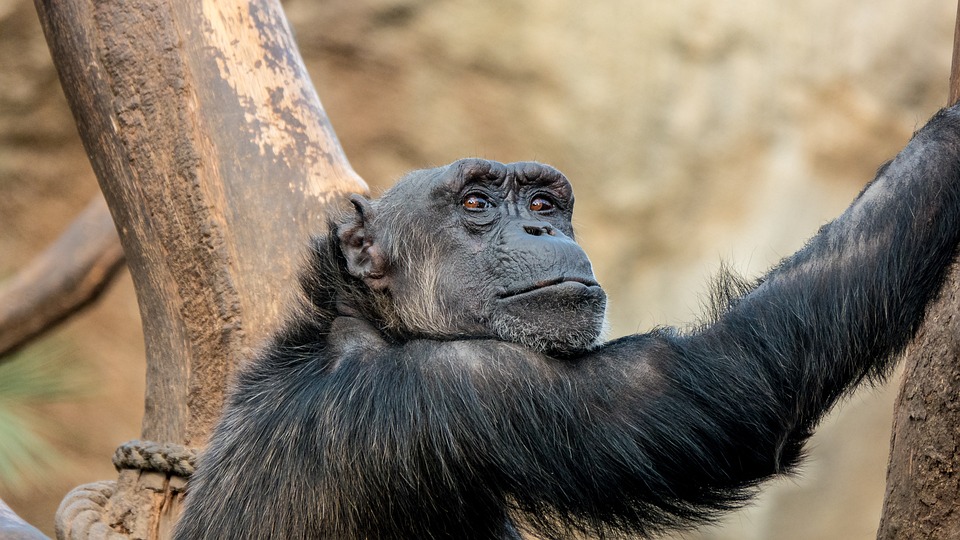Revolutionary Moments in Musical Evolution: Key Artists and Innovations
Music has always been a vital part of human culture and society, evolving over thousands of years to become what it is today. Throughout history, there have been several revolutionary moments that have shaped the course of musical evolution, with key artists and innovations at the forefront of these transformative periods.
The Renaissance and the Birth of Polyphony
One of the most significant revolutionary moments in musical evolution occurred during the Renaissance period, roughly spanning from the 14th to the 17th centuries. This was a time of great cultural and artistic flourishing, with advancements in music theory and composition leading to the birth of polyphony.
Polyphony, the simultaneous combination of two or more individual melodic lines, represented a major shift from the monophonic chant of the Middle Ages. Key artists such as Giovanni Pierluigi da Palestrina and Thomas Tallis were instrumental in developing this new form of musical expression, laying the groundwork for future composers to explore complex harmonies and textures.
The Baroque Era and the Rise of Opera
The Baroque era, which followed the Renaissance, marked another revolutionary moment in musical evolution with the rise of opera as a new form of musical theater. Composers such as Claudio Monteverdi and Henry Purcell were at the forefront of this innovation, blending music, drama, and spectacle to create elaborate and emotionally powerful works.
Opera introduced new opportunities for musical expression, allowing composers to explore themes of love, tragedy, and heroism through sung dialogue and musical accompaniment. The use of aria and recitative further enhanced the dramatic impact of these works, setting the stage for the development of classical music as we know it today.
The Romantic Period and the Embrace of Emotion
The Romantic period, which began in the late 18th century and continued into the mid-19th century, brought another revolutionary moment in musical evolution with the embrace of emotion and individualism in music. Composers such as Ludwig van Beethoven, Franz Schubert, and Richard Wagner pushed the boundaries of traditional forms and structures, seeking to express their deepest emotions and desires through their music.
This period saw the rise of the symphony, the concerto, and the opera as major forms of musical expression, with composers imbuing their works with a sense of drama, passion, and intensity. The use of chromaticism, dissonance, and unconventional harmonies further enhanced the emotional impact of the music, paving the way for future generations of composers to explore new realms of musical expression.
The 20th Century and the Advent of Electronic Music
The 20th century brought yet another revolutionary moment in musical evolution with the advent of electronic music. Artists such as Karlheinz Stockhausen, Pierre Schaeffer, and Wendy Carlos were at the forefront of this innovation, using electronic instruments, synthesizers, and computers to create new sounds and textures never before heard in music.
Electronic music opened up new possibilities for composers and performers, allowing them to manipulate sound in ways that were previously unimaginable. The use of sampling, looping, and digital effects further expanded the sonic palette of musicians, leading to the development of new genres such as electronic dance music, ambient music, and experimental sound art.
The Present and the Future of Music
As we move into the present and future of music, we continue to see revolutionary moments unfolding with new artists and innovations pushing the boundaries of what is possible in the world of music. From the rise of streaming services and digital distribution to the incorporation of virtual reality and artificial intelligence in music creation, the landscape of music is constantly evolving and changing.
Key artists such as Björk, Kendrick Lamar, and Taylor Swift are at the forefront of this evolution, using technology and creativity to create new and exciting musical experiences for audiences around the world. With the continued blurring of genres, the democratization of music production, and the globalization of musical influences, the future of music promises to be a diverse and exciting one.
In conclusion, revolutionary moments in musical evolution have been critical in shaping the course of music history, with key artists and innovations driving these transformative periods forward. From the Renaissance to the present day, music has continued to evolve and adapt to the changing cultural landscape, creating new opportunities for expression and creativity. As we look to the future, it is clear that the world of music will continue to evolve and innovate, inspiring new generations of artists and audiences to embrace the power of sound and rhythm.

Leave a Reply